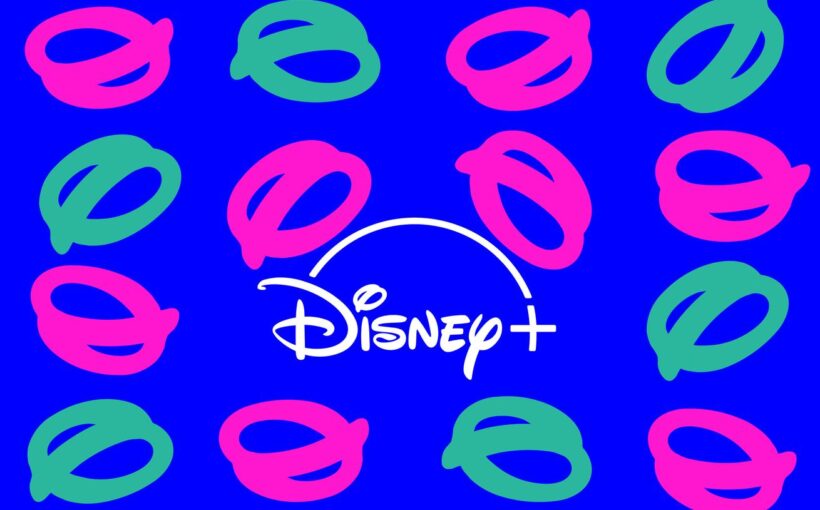With a general election on the horizon, it’s probably safe to say most of us are experiencing a little more anxiety than usual. No matter how old I get, the physical manifestation of anxiety doesn’t seem to have changed much from that pit-in-my-stomach, will-I-be-picked-last-for-the-rounders-team feeling of my teenage years.
These first waves of anxiety are the focus of the hotly anticipated sequel to Disney Pixar’s 2015 masterpiece, Inside Out. It told the story of 11-year-old Riley as she navigated moving to a new city, while her emotions – personified as Joy, Sadness, Anger, Fear and Disgust – struggled to maintain balance within her mind. In Inside Out 2, which is released in cinemas today, we return to Riley’s life in San Francisco, where her core emotions have become a well-functioning team. All seems to be going well – until the puberty alarm goes off.
Our reviewer Alana James, an expert in teenage psychology, is impressed by the film’s depiction of anxiety, personified as a bright orange, frizzy haired avatar with perpetually upturned eyebrows. She thinks it’s a fresh follow-up to the first film, and likes the way it portrays anxiety as a normal feeling that can have a positive purpose – so long as it doesn’t take over.
Women, boys and Lady Parts
Another group of people feeling anxiety this past week were the authors shortlisted for the coveted Women’s Prize for Fiction. Since its launch in 1996, the prize has become one of the most influential and popular literary awards in the world, with writers such as Zadie Smith and Andrea Levy among its past winners.
This year’s winner is V.V. Ganeshananthan for her book Brotherless Night, a heart-breaking and searing novel about the Sri Lankan civil war. We asked six experts to review the shortlisted books, which are a testament to the diversity of stories being told by women around the world.
From women to The Boys. The much-lauded fourth season of this very adult superhero show arrives on Amazon Prime today. Unlike the sanitised world of Marvel, where “mutants” and “supers” are positioned as aspirational heroes, the spiky crew of The Boys are flawed, and all-too-human.
The titular boys are on a mission to undermine the “supes” – a crew of super-powered jerks who abuse their abilities to gain influence and control. It’s funny, political and, as our reviewer puts it, “gleefully nasty” stuff.
Meanwhile, in the Channel 4 sitcom We Are Lady Parts (which has just returned for its second season), an all-female Muslim punk band are on a mission of their own – “to save the world one chord at a time”. In the process, they confront the taboo of music being “haram”, or forbidden, by Islamic law.
Matthew Noone, a former punk musician himself, is interested in how the show continues the legacy of the Muslim punk genre taqwacore. Its name is derived from the Arabic term taqwa, which pertains to consciousness of the divine and, as Noone explains, has become something of a global Islamic punk manifesto.
British novelist Rachel Cusk is known for her Outline trilogy, a daring series of novels that satisfy and disturb in equal measure. Her new novel, Parade, strikes out against conformity once again in an exploration of the role of gender in the genesis and reception of art.
Each of the four chapters – G, The Stuntman, The Midwife and The Diver – is told from a different point of view, creating a kaleidoscope of narratives. Our reviewer found it to be a novel in which selfhood, creativity and family relations are submitted to unflinching analytical scrutiny. It’s without doubt a difficult read – but one that rewards the effort.
![]()



